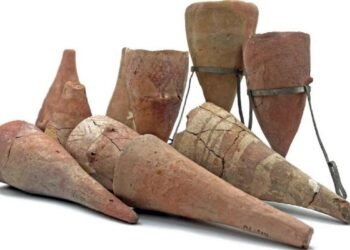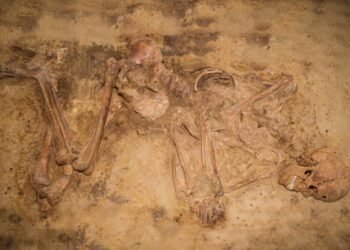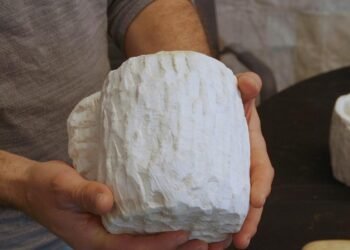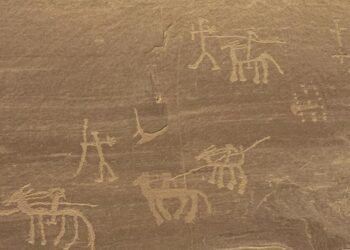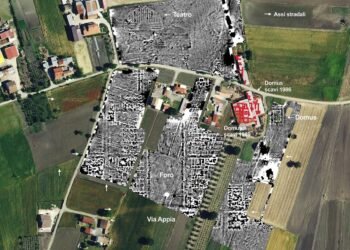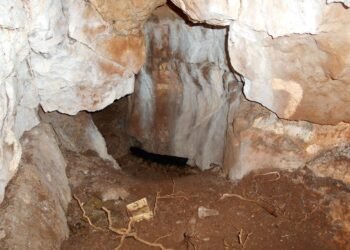Archaeologists from the University of Macerata have uncovered a unique brewery dating back to the Roman era in the region of Macerata, central Italy.

This unprecedented find, the only Roman-era brewery discovered on the Italian peninsula, was made during the 30th excavation campaign at Urbs Salvia and Villamagna. The discovery also includes kilns for pottery production and metal forges.
The excavation at Villamagna revealed a Roman villa with striking monumental structures and the brewery, an unusual find in Italy’s winemaking heartland. Experts believe this brewery may be linked to the ancient Gallic roots of the area. Before their arrival in Italy, Celtic tribes, including the Senones Gauls, who occupied much of the region in the 4th century BCE, were known for their beer consumption.
“These discoveries, along with those at Urbs Salvia, provide new insights into land management in Roman times and enrich the offerings of the Abbadia di Fiastra Nature Reserve,” said a spokesperson from the University of Macerata.

The brewery, which used panic grass, a type of millet, as its raw material, is believed to date to the 5th-6th century CE, possibly linked to the area’s occupation by Gothic populations. This timeline indicates a blend of cultural influences and traditions in the region over centuries.
In Urbs Salvia, located in the municipal territory of Urbisaglia, the excavation revealed extraordinary artifacts in the Forum of the Roman colony and the area of the cryptoporticus. These include kilns for pottery production and metal forges from the Republican era.
Urbs Salvia, founded in the 3rd century BCE as a Roman colony to consolidate control over the Adriatic regions, thrived due to its strategic location along the Via Flaminia. Over the centuries, it became an important political, commercial, and religious center.
Today, visitors can view well-preserved monuments such as the Theatre, which could accommodate up to 3,000 spectators, and the Temple dedicated to the goddess of health, Salus. The site, now part of the Archaeological Park of Urbs Salvia, has been intensively explored since 1995.
Sources: University of Macerata l Stile Arte



